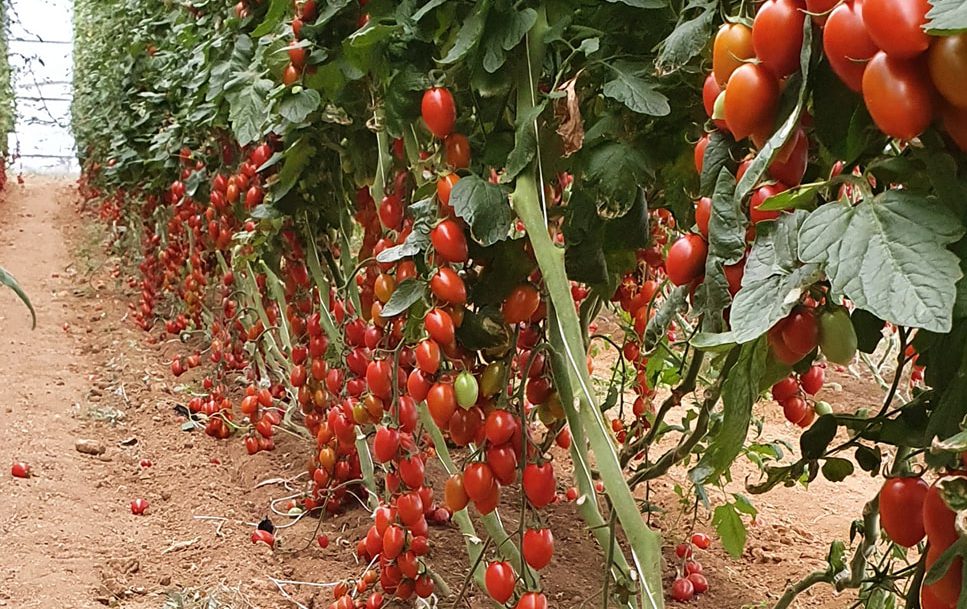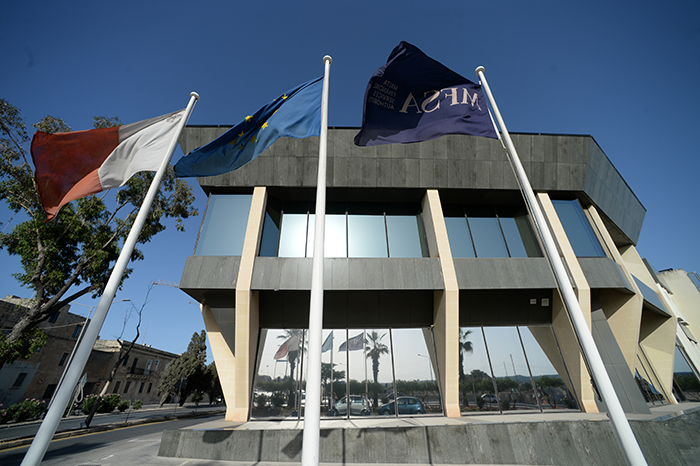A video circulating on social media uploaded by a farmer lamenting the waste of 12,000kg of cherry tomatoes, after he was unable to find a buyer, has shocked many, but according to Malta Food Agency CEO Brian Vella, it is simply the result of “60 years of negligence” to the country’s food systems.
Charles Muscat, a farmer from Mgarr, said his tomatoes were taken to the farmers’ market (the pitkalija) but were left unsold, claiming buyers preferred imported produce.
He questioned how Maltese farmers can survive in such conditions.
BusinessNow.mt reached out to Mr Vella to ask about the food system that allows such waste, even as food prices continue to skyrocket, driving widespread inflation and causing consumers to feel the pinch.
“From time to time, there’s always a period of oversupply,” he says, pointing to watermelons in summer and cauliflower in winter as products subject to the same phenomenon. “These things are seasonal, so there is a point when fresh product flood the market despite no real increase in demand.”
Without delving into the merits of Mr Muscat’s case, Mr Vella says the problem is often related to quality: “The cherry tomatoes chosen, for example, are those most presentable. Unfortunately, unless the quality is the absolute best, many products don’t find a market.”

He emphasises the long-term nature of the problem, saying that since the farmers’ market opened in 1973, very little was done by way of improvement.
“We need to appreciate that, as the Malta Food Agency, we were only set up last year, and have only managed the farmers’ market for a few months,” describing this as a “big step” which was the fruit of “political boldness”, referring to the elimination of the middlemen who had controlled the market for decades from the equation.
“Now, the ball is in our court. There are no more excuses,” he said, while emphasising that “what wasn’t done in 60 years cannot be done overnight”.
Mr Vella describes plans to build a new farmers’ market next to the current one, which will be equipped with modern equipment to reduce food waste to a minimum, such as cold storage.
“It is unacceptable that farmers bring their produce into the market in this heat without anything to help preserve it,” he says.
The new market is part of a wider plan to create a “real food management system” which will prevent “tragedies” like the waste of all those tomatoes.
However, Mr Vella also had a word of warning to those in the agricultural sector: “We need to grab the bull by the horns to address these issues. We cannot continue talking about the sector romantically. The systems, the culture, need to be updated.”
He said the mentality farmers often have of “throwing everything into [the farmers’ market’s] green boxes and, excuse the word, dumping everything there without distinction and expecting it to be sold” needs to change.
The assistance provided, he explained, might also be due for a rethink.
“We have invested in the farmer, invested in measures to help them improve production. But have we forgotten that everything operates in a market? Have we forgotten marketing standards?”
On the other hand, he said that since the MFA took over the farmers’ market, farmers have seen the prices received for their produce have improved, promising that the agency will release data “in due course” to show how the reform was effective in achieving its goals.
“Ultimately,” he concluded, “our food systems need to be adequate and appropriate to ensure the best possible outcome for farmers, businesses, and final consumers, and we are working rapidly to achieve this.”
Featured Image:
KM Malta will start flying to Tel Aviv this summer
New route announced as part of KM Malta Airlines' largest summer schedule to date
Why the MLRO role matters more than ever
Matthew Scicluna and Eric Micallef from the MFSA’s Financial Crime Compliance function, shed light on the MLRO Guidance document
New EV leasing mechanism introduced for businesses
The arrangement will support the leasing of zero-emission vehicles without impacting the De Minimis State aid limits of leasing companies






